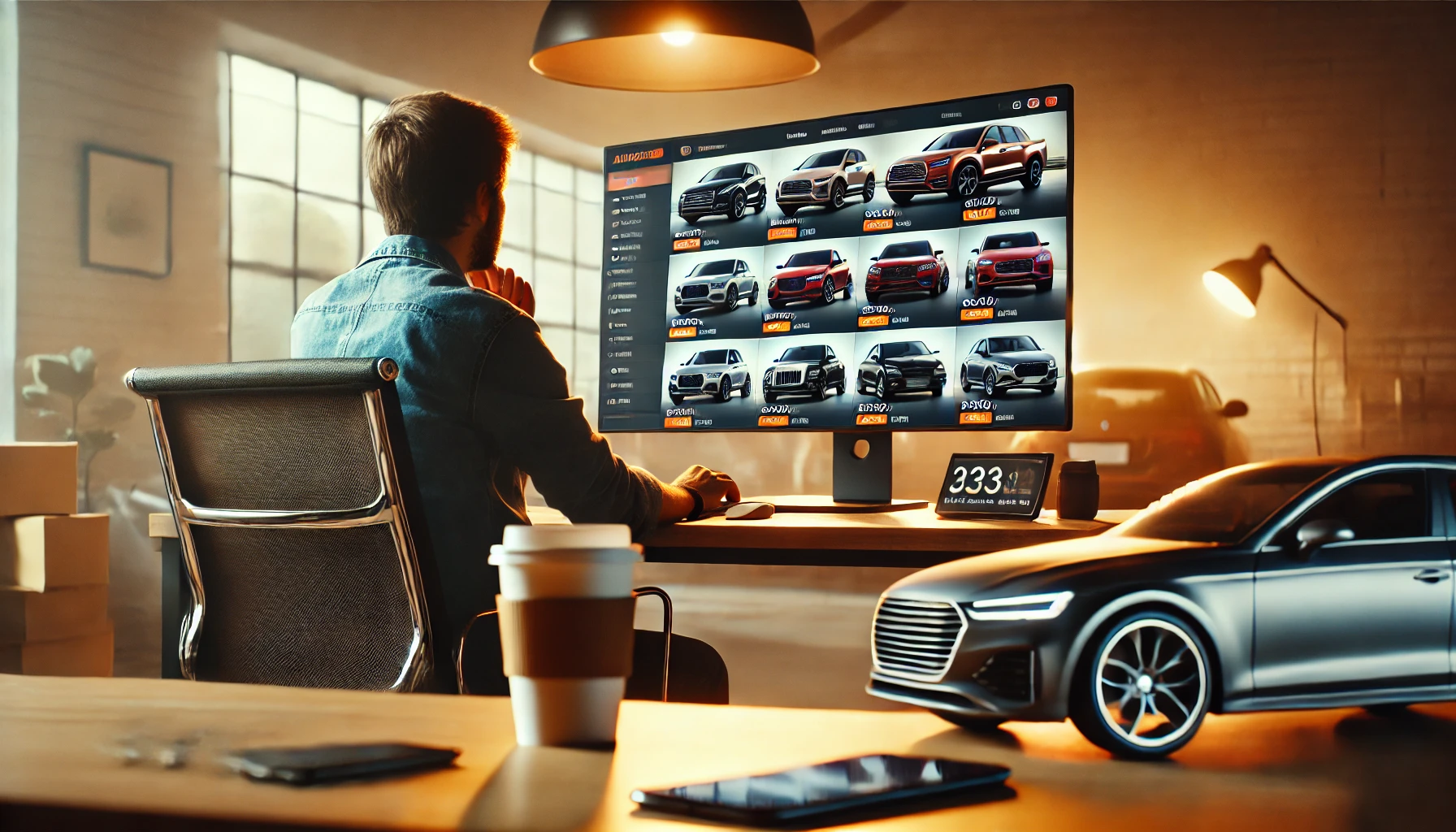In recent years, purchasing used cars at auctions has become increasingly popular, especially among those looking for affordable yet quality vehicles. However, while this method offers many advantages, it also entails certain risks. This article discusses the main benefits of buying a car at an auction, the potential dangers to watch out for, and how to prepare properly for such a purchase.
Advantages of Buying a Car at an Auction
- Wide Selection: Auctions offer a broad range of vehicles, from popular economy-class models to luxury or specialized vehicles. This is particularly helpful if you are looking for a specific model or year of manufacture.
- Cost Savings: Participating in an auction can allow you to acquire a car at a price significantly lower than the market value. Often, vehicles at auctions are sold by insurance companies, banks, or foreign representatives aiming for quick asset liquidation. Additionally, you have the option to buy directly without a middleman, whose markup often significantly raises the cost.
- Clear History: Most vehicles, particularly those belonging to leasing companies, are inspected by independent auditing companies before being sold. The reports provided include details of major vehicle damages. Often, records of periodic service checks are also available. For such vehicles, the risk of odometer fraud is minimal and nearly nonexistent.
- Unique Vehicles: Auctions often feature vehicles that are difficult to find in traditional marketplaces. These can include vintage cars, rarely manufactured models, or vehicles with unique configurations.
Common Risks and How to Mitigate Them
- Hidden Defects: One of the main risks is hidden technical defects that are not immediately noticeable. To avoid such issues, it is important to:
- Review the vehicle’s description, provided photos, reports, comments, and auction conditions.
- Assess the vehicle’s age, mileage, and geographic location, as these factors can affect the wear and tear of components.
- Vehicle History: Some vehicles may have been involved in major accidents. Check the vehicle’s history using specialized platforms like Carfax, AutoCheck, CarVertical, Autoistorija, and others.
- Final Price: The starting price of a vehicle at auction often appears attractive, but do not forget about additional costs such as transportation, registration, or auction organizer fees.
- Vehicle Delivery Timeframes: The delivery time of a vehicle depends on its location, logistics, and the procedures of the specific country. For example, delivery from Italy can take up to 2 months, from the Czech Republic and Slovakia a little over a month, and up to a month from other locations. The fastest deliveries come from Belgium, where cars with documentation are usually received within 2 weeks.
What to Look for When Evaluating Vehicle History?
- Accident History: Determine whether the vehicle has been involved in major accidents.
- Maintenance Records: Check if the car has been regularly serviced and whether its maintenance history is accessible.
- Mileage: Carefully review the mileage data to ensure it matches the vehicle’s condition and age.
- Insurance Incidents: Verify whether the vehicle has been confiscated, stolen, or insured as “non-drivable.”
Conclusion
Buying a used car at an auction can be an excellent opportunity to acquire the desired vehicle at an attractive price. However, it requires caution, thorough preparation, and risk assessment. By following the advice presented in this article, you can make informed decisions and minimize potential threats.







